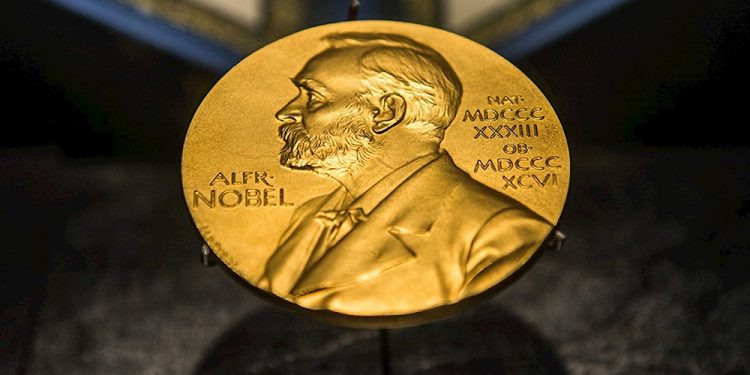
Nobel Prize Day
Every year on December 10th, the Nobel Prize ceremony is held in Stockholm, Sweden. This ceremony awards the Nobel Prizes to those individuals who are deemed to have conferred the greatest benefit to humankind.
The ceremony is held on the 10th of December because that is the anniversary of its creator, Alfred Nobel’s, death in 1896. People around the world watch the Nobel Prize Ceremony on Nobel Prize Day every year, a tradition that has been ongoing since 1901.
The History Of Nobel Prize Day
To trace the history of Nobel Prize Day, we must go back to the life of Alfred Nobel. Alfred Nobel was born on October 21, 1833, in Stockholm, Sweden. He was born into a family of engineers and excelled in school. He went on to become a chemist, inventor, and engineer.
He invented ballistite—a precursor to many smokeless military explosives. He also invented dynamite and over 350 other inventions, which allowed him to become extremely wealthy during his lifetime. On December 10, 1896, Alfred Nobel suffered a stroke and subsequently died.
His testament allocated 96% of his wealth to the Nobel Foundation. Starting in 1901, the Nobel Foundation began to award Nobel Prizes to individuals who provided the greatest benefit to mankind in the areas of Chemistry, Physics, Physiology, Medicine, Peace, and Literature. From 1901 through 2020, approximately 603 prizes have been awarded to 962 laureates.
Facts About The Nobel Prize
If you’re looking for more facts about the Nobel Prize, you might want to check this section of our article on Nobel Prize Day:
- 934 Laureates and 28 different organizations have been awarded a Nobel Prize between 1901 and 2020, totaling 962 prizes awarded.
- Of the prizes given between 1901 and 2020, 114 have been in Physics, 112 in Chemistry, 111 in Medicine, 113 in Literature, 101 in Peace, and 52 in Economic Sciences.
- Up until 2020, 108 of the prizes have been shared by three Laureates.
- In 1916, 1931, 1934, 1940, 1941, and 1942, no Nobel Prizes in Physics were awarded.
- The youngest Nobel Laureates were Malala Yousafzai in Peace (2014) and Lawrence Bragg in Physics in 1915. Malala was 17 years old and Bragg was 25 years old.
- As of 2020, 57 Nobel Prizes have been awarded to women.
- Jean-Paul Sartre declined the Nobel Prize in Literature in 1964.
- Lê Đức Thọ declined the 1973 Nobel Peace Prize.
- Adolf Hitler forbade three German Nobel Laureates from accepting the prize. These three were Adolf Butenandt, Richard Kuhn, and Gerhard Domagk.
Observing Nobel Prize Day
Nobel Prize Day can be observed by watching the Nobel Prize Ceremony online, by learning more about Alfred Nobel, or by learning about past and present Nobel Laureates. You can also use the hashtag #NobelPrizeDay on your social media accounts to spread the word about this holiday.








